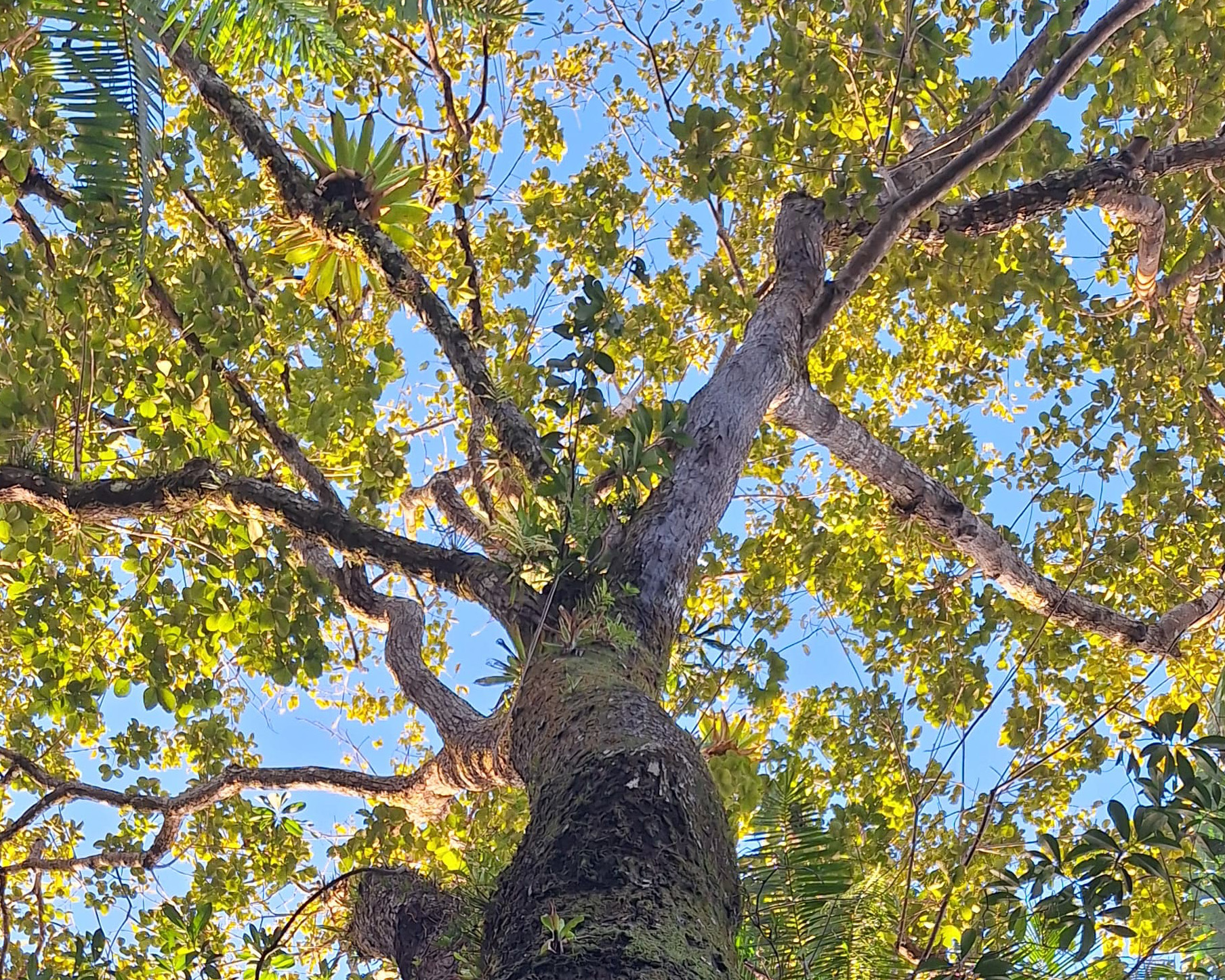After decades of activism by Indigenous Peoples and their allies, the need to formalize Indigenous land rights has received increasing global attention as a strategy to address climate change. Research has highlighted the compatibility between community forest management regimes and carbon sequestration, reiterating the essential role that securing Indigenous land tenure must play in forest-based climate change mitigation strategies. Based on research conducted in six Indigenous Comunidades Nativas with formal collective titles in Peruvian Amazonia, this article argues that titling alone is not enough to ensure that Indigenous Peoples are supported and enabled to access their recognized rights and play a central role in addressing the climate crisis. Indigenous Awajún and Asháninka informants discussed challenges with accessing suitable livelihoods, excessive restrictions on timber harvest, land conflicts with smallholder migrant farmers and extractive concessions, unclear conflict resolution mechanisms, and policies that assume a communal governance model that differs from actual Indigenous leadership roles and institutions. All of these challenges put pressure on community members, creating incentives for unsustainable land and resource use, and undermining their abilities to protect their forests. Although Peru has included Comunidades Nativas and other co-managed areas in the mitigation actions toward its Nationally Determined Contribution to the Paris Agreement, it must re-examine its titling reforms, and the way that Comunidades’ land and resource access is regulated and weakened. This will allow for titling in practice to live up to its promise in theory as a strategy for promoting equity and mitigating climate change.
Download:
DOI:
https://doi.org/10.5334/ijc.1126
Altmetric score:
Dimensions Citation Count:

























